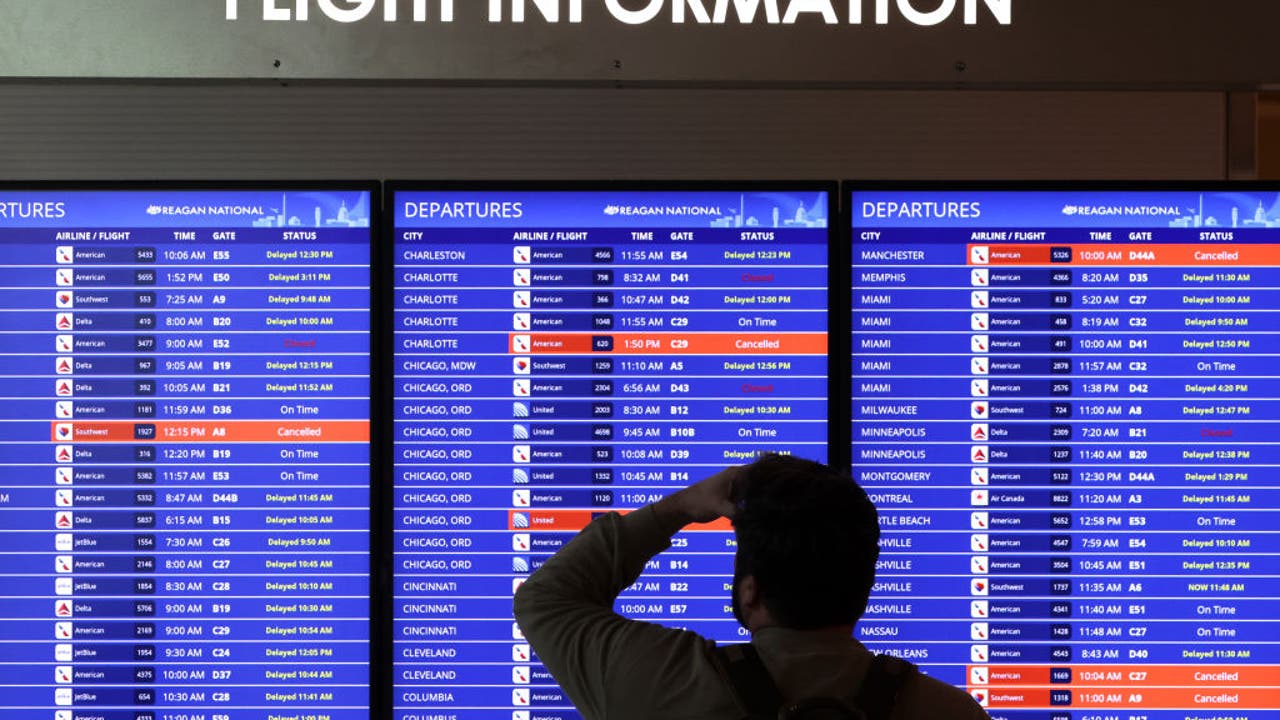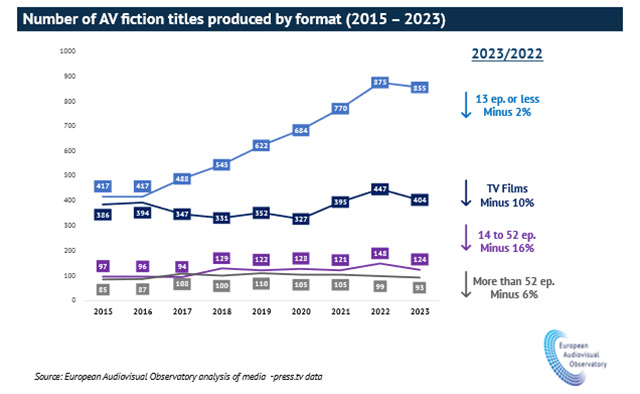World
Europe is having a meltdown – it’s a big problem for Britain

Twin meltdowns in France and Germany are threatening the stability of Europe, with major implications for the UK
For decades, the Franco-German partnership has been a reliable engine propelling Europe forward. When the European Union faced challenges, Paris and Berlin worked in tandem – sometimes grudgingly, sometimes haltingly, but always effectively – to chart a course.
Today, that engine is sputtering, if not outright stalled. Emmanuel Macron’s waning authority in France and Olaf Scholz’s uninspiring tenure in Germany have left the EU without its traditional leadership core. Worse still, this vacuum comes at a time when Europe needs a steady hand more than ever.
This week, the leadership void was brutally laid out as Macron’s government was toppled by lawmakers. His Prime Minister, Michel Barnier, had tried to force through a budget for 2025, and his incensed opponents in the parliament snapped, ousting him in a vote of no-confidence. Macron has promised to appoint a new prime minister in days, but the country feels mired in crisis and chaos.
The repercussions for Europe are profound. Macron, the self-styled “Jupiterian” president was first elected in 2017 with promises to rejuvenate France and lead a more integrated Europe. For a while, it seemed to work – his intellectual bravado and ambitious ideas made him the de facto spokesperson for Europe.
But hubris has a way of catching up. Macron’s second term has been dominated by domestic unrest, particularly over his pension reforms, which sent millions of French citizens into the streets.
His approval ratings have slumped, and his political capital is dwindling fast. His attempts to position himself as a thought leader on global issues – from advocating for EU strategic autonomy in defence to his controversial comments about Nato “brain death” – have often fallen flat.
If Macron’s problem is too much flash, Olaf Scholz’s issue is the opposite. Germany’s chancellor has been criticised as too cautious, too technocratic, and too bland to inspire either Germans or Europeans.
His early response to Russia’s invasion of Ukraine – the so-called Zeitenwende (turning point) – promised a bold new direction for Germany, including increased defence spending and a re-evaluation of its energy ties to Russia. But the follow-through has been painfully slow, bogged down by bureaucratic inertia and coalition infighting. Scholz’s three-party coalition government imploded last month, with new elections set for February.
As it happens, October also saw the publication of his predecessor Angela Merkel’s memoirs. For all her critics, she was a unifying force for the EU. Scholz, by contrast, has struggled to project any compelling vision for Europe’s future.
All this domestic turmoil in Paris and Berlin worries Brussels, where, last week, Ursula von der Leyen began her second term as European Commission President.
Brussels’ bureaucrats can propose legislation, and policy initiatives and regulate the market, but they do not have the political heft of the 27 leaders who make the final decisions.
While Macron and Scholz rarely gelled, their near-simultaneous crumbling symbolises the breakdown of the traditionally Franco-German engine – and that could leave the EU stranded.
The timing could not be worse. Internal challenges abound. Populism is resurgent, from Marine Le Pen in France to Viktor Orbán in Hungary, testing the EU’s commitment to its democratic principles. The bloc is also grappling with an energy transition, a slowing economy, and growing tensions between member states over migration and fiscal policy.
And it comes when other fixtures of both Europe and the international rules-based democratic order are being strained. Donald Trump is set to return to the White House in just six weeks, and his agenda is anathema to the EU, from blocking trade to abandoning Ukraine. Autocrats like Vladimir Putin in Russia and Xi Jinping in China are feeling emboldened as the West’s unity strains.

A floundering Europe is also an issue for Britain. Despite Brexit, the EU is still its important regional trading partner, and both sides have vital shared strategic interests, from upholding Nato and Ukraine to fighting climate change.
France and the UK are the main European military powers and will be expected to shoulder more responsibility if Trump pulls back support for Kyiv. The Prime Minister Keir Starmer’s attempts to reset the relationship depend on not being distracted by internal setbacks.
The absence of strong Franco-German leadership leaves Europe vulnerable, not just to external threats but also to paralysis from within. But with Macron unlikely to regain his Jupiterian glow, and Scholz seemingly destined for history’s footnotes, Europe risks becoming what its critics have long accused it of being: a fractured, bureaucratic entity incapable of rising to the moment.










